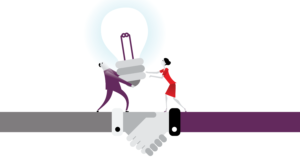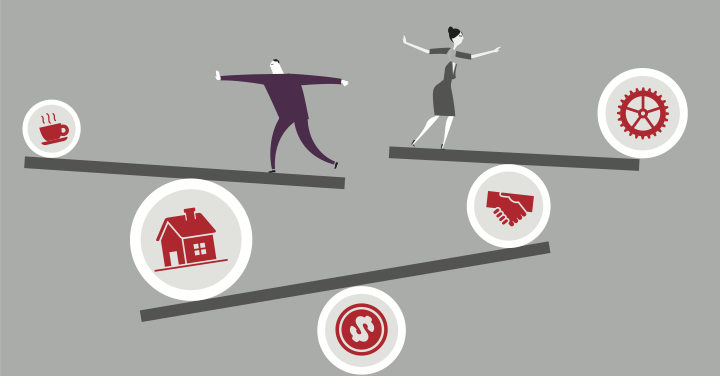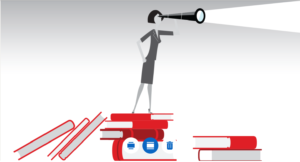The dictionary defines empathy quite simply:
“It’s the ability to understand and share the feelings of another.”

For most of us, this simple sentence describes one of life’s most significant challenges. We come at everything from our point of view, and our style, combined with our backgrounds and experiences, drives how we see things.
A few years ago, I attended a retreat for leadership coaches. The retreat began with a speaker from a local theatre group. His talk was about empathy. He gave us a peek into the life of an actor and drew a parallel between acting and leadership. From his perspective, a successful actor can empathize with their character and really get inside and understand their story.
Actors follow these three guides to becoming their character:
- What if I were in their situation? What wants and fears drive who they are?
- “What if” allows us to empathize even when we cannot sympathize.
- And then, to truly empathize, we must listen with charity.
With genuine empathy, our speaker said, while we may not sympathize with a murderer, we can empathize and then become the character. We begin to understand the character by asking ourselves, what wants, fears and experiences drove them to take another person’s life?
Then, he challenged us, isn’t this the same with leadership? Or, for that matter, with all our interactions with others? If we can step outside ourselves, if only for a moment, can we see the world as the person sitting across from us sees it?


 The initial results of my Pivot are excellent. I feel I have much greater clarity regarding the next 3-5 years..
The initial results of my Pivot are excellent. I feel I have much greater clarity regarding the next 3-5 years.. 